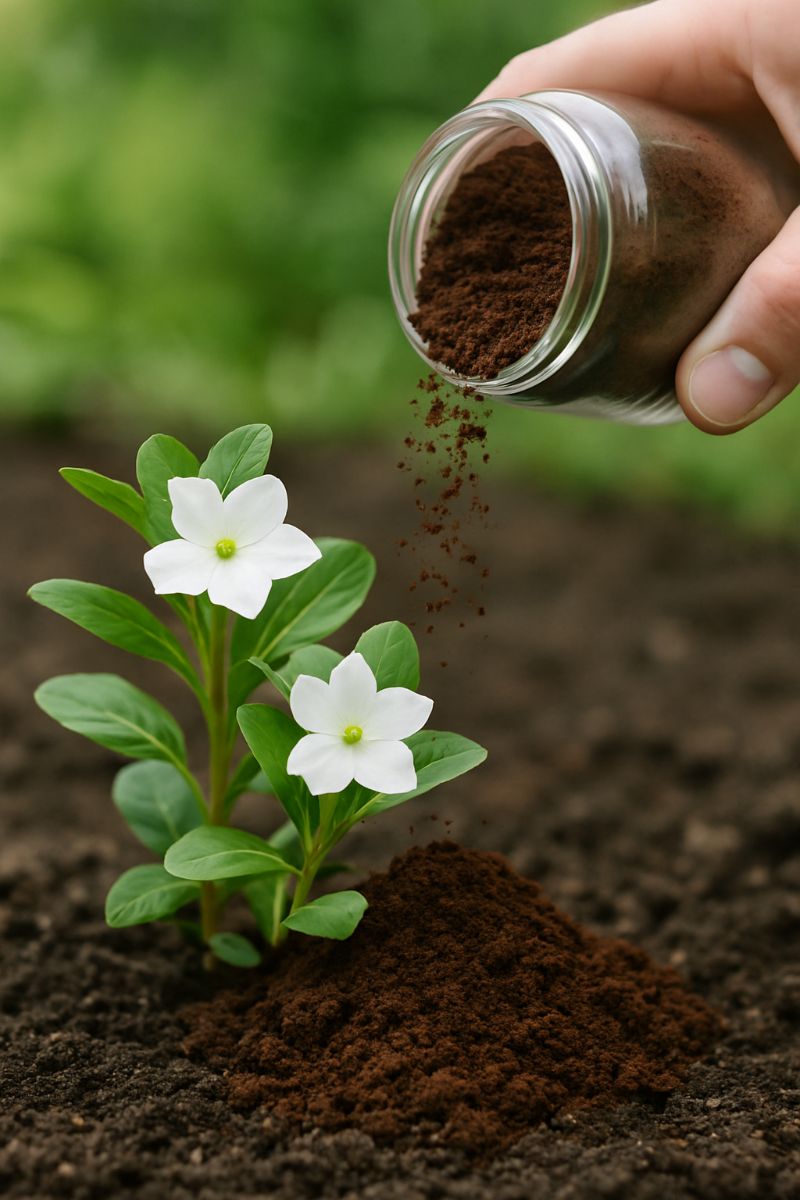Coffee is a beloved beverage around the world, cherished for its ability to kickstart our mornings and fuel our days. However, the benefits of coffee extend far beyond its energizing properties. The grounds left behind after brewing your morning cup can be a valuable resource for your garden. Instead of discarding them, consider the myriad ways they can enhance your outdoor space.
Incorporating coffee grounds into your gardening routine is not only an environmentally friendly practice but also a cost-effective way to improve plant health and soil quality. From acting as a natural fertilizer to deterring pests, coffee grounds can transform your garden into a thriving ecosystem. Here are ten compelling reasons to start using coffee grounds in your garden today.
1. Natural Fertilizer Boost
Coffee grounds are rich in essential nutrients that plants need to grow. They contain nitrogen, potassium, and phosphorus, which are vital for plant health. When added to the soil, coffee grounds release these nutrients slowly, providing a steady supply of nourishment to your plants. For best results, sprinkle a thin layer of coffee grounds around the base of your plants, ensuring not to exceed half an inch in thickness to avoid clumping and mold growth.
In addition to the primary nutrients, coffee grounds also contain trace minerals such as magnesium, calcium, and iron, which further contribute to plant vitality. These elements help in the development of strong roots and vibrant foliage, making coffee grounds an excellent organic fertilizer option.
2. Compost Enhancer
Coffee grounds are an excellent addition to your compost pile. They are considered ‘green’ compost material, meaning they are rich in nitrogen. This helps to balance the ‘brown’ materials, like dried leaves and twigs, which are high in carbon. A balanced compost pile ensures efficient decomposition and results in nutrient-rich compost.
To use coffee grounds in compost, aim for a ratio of one part coffee grounds to four parts ‘brown’ material. This ratio helps maintain the right balance for microbial activity, speeding up the composting process. Additionally, the grounds can help control odors in the compost pile, making it a more pleasant experience for gardeners.
see next page
ADVERTISEMENT
ADVERTISEMENT

